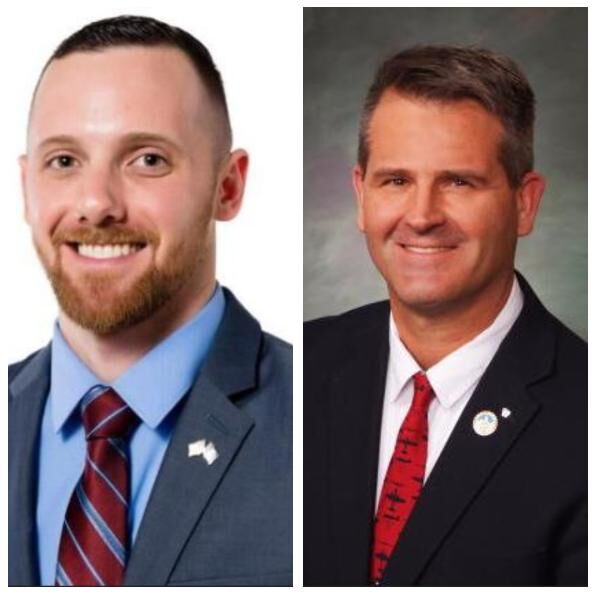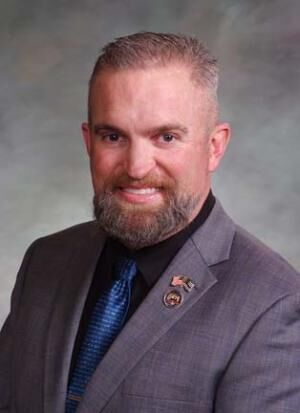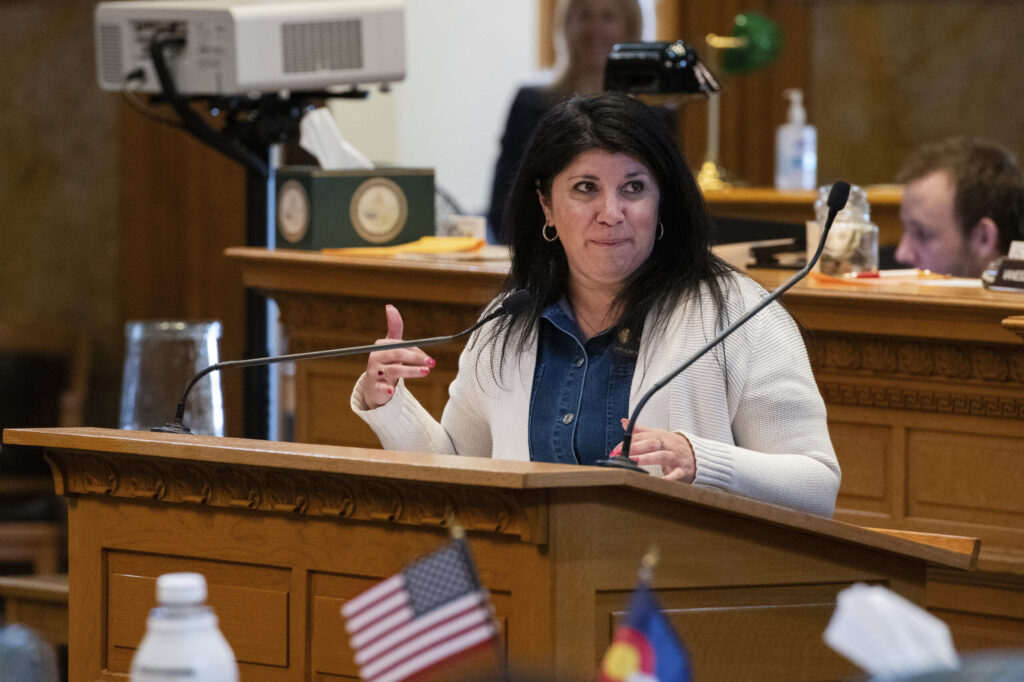Colorado legislature OKs banning medical debt collection without price transparency

Hospitals in Colorado could soon be banned from pursuing debt collections against patients if they do not post their prices online, thanks to legislation passed by state lawmakers on Tuesday.
If enacted, House Bill 1285 would prohibit hospitals not following federal price transparency laws from using debt collectors, filing negative credit reports against patients and obtaining state court judgements for outstanding debts. Noncompliant hospitals could still bill patients, but if they pursue collection actions, they must refund any debt paid by the patient, in addition to all legal fees.
“When you go into a hospital, you should know what the cost is beforehand,” said bill sponsor Sen. John Cooke, R-Greeley. “You can look at different hospitals and say, ‘I want to get the procedure here because it’s cheaper than over here.'”
The state Senate unanimously passed the bill Tuesday following the House’s 63-1 vote last month. The bill will now be sent back to the House to approve changes made by the Senate, then to Gov. Jared Polis for final consideration.
The bill brought together both sides of the aisle, receiving sponsorship from two Democrats and two Republicans, in addition to the near unanimous support from both chambers.
Supporters of the bill said the state must take action since, more than a year after it went into effect, only 6% of Colorado hospitals are in full compliance with the price transparency law that allows patients to compare costs between hospitals, according to a report by PatientRightsAdvocate.org. That is below the national average of 14.3% compliance.
“This is a bill about protecting consumers,” said bill sponsor Rep. Daneya Esgar, D-Pueblo. “It’s a good bill to move folks in the right direction and to protect those people who are looking for health care and making sure they know exactly what is going on in terms of pricing.”
Hospitals stood firmly against the bill, arguing that it would lead to frivolous lawsuits for large hospital systems and threaten the businesses of smaller hospitals that do not have the resources to comply with price transparency right now.
Republican Sens. Paul Lundeen of Monument and Bob Gardner of Colorado Springs raised similar concerns during the Senate debate Monday, saying the bill could result in even smaller hospital capacities as Colorado hospitals struggle during the COVID-19 pandemic.
“This is, in short, well-intended and ill-considered legislation,” Gardner said. “HB-1285 chooses a mechanism to enforce that which the federal government did not intend. … It is draconian. It is not a carving knife, but a meat cleaver. Not a scalpel for enforcement, but a bludgeon.”
The Senate voted to amend the bill to narrow the complaints patients can bring against noncompliant hospitals, specifying that patients can only complain about price transparency for procedures relevant to their own care.
Last month, the House also amended the bill to give small, critical access hospitals with less than 25 beds more time to comply. For these hospitals, the bill would go into effect in February 2023 instead of this August as it will for all other hospitals.
These changes seemingly won over most opposition, earning the bill a 35-0 vote in the Senate. In the House, the only “no” vote against the bill was from Grand Junction Republican Rep. Janice Rich, who said she opposed the measure because she is “just tired of the government’s meddling” in business.














